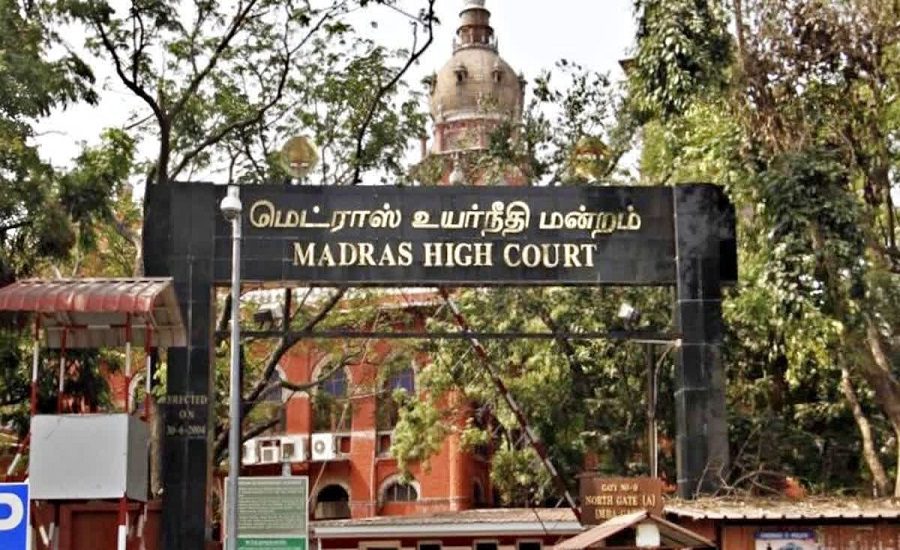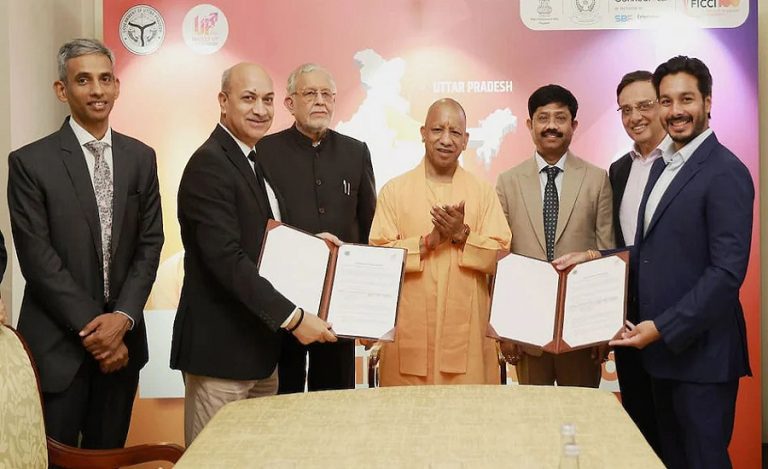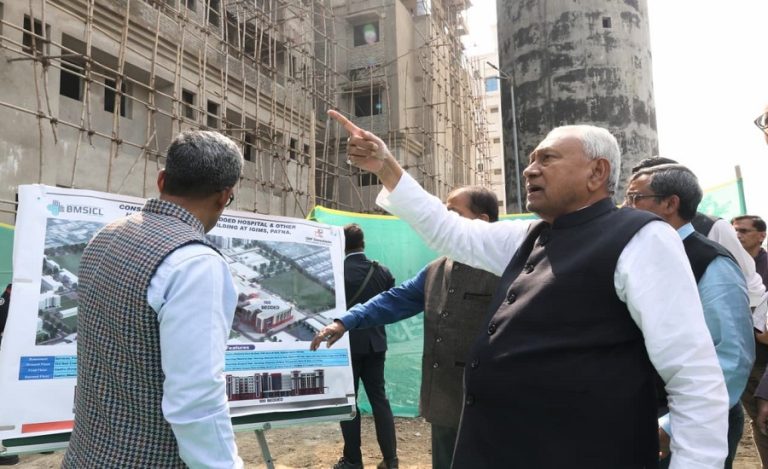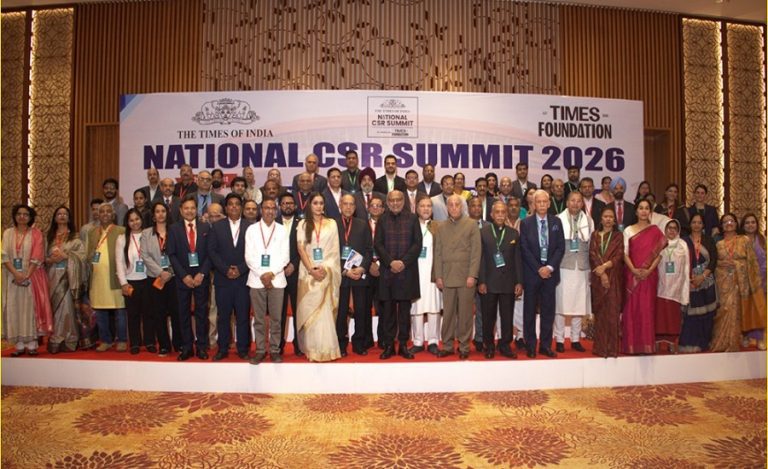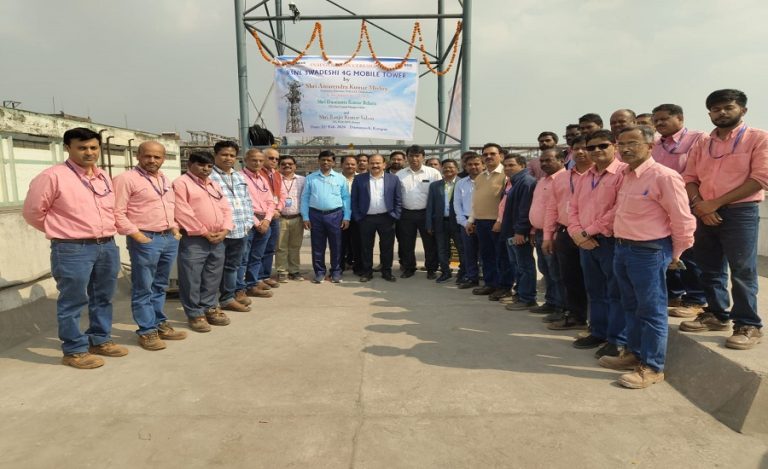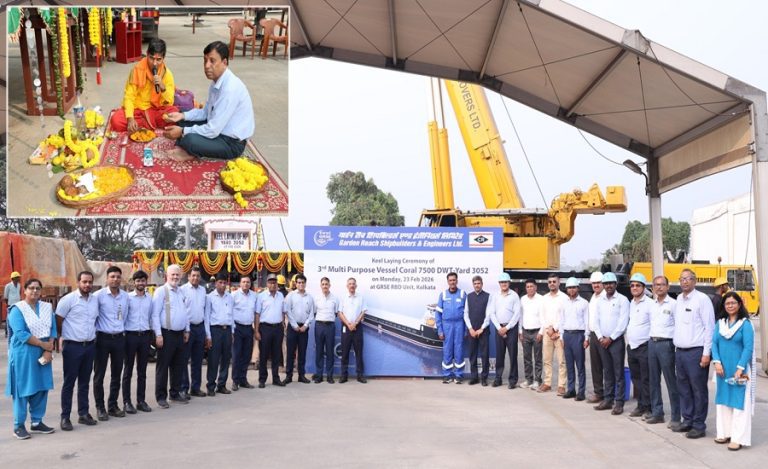Chennai: In an unusual yet compassionate turn of events, five Indian Administrative Service (IAS) officers in Tamil Nadu have undertaken to spend time with residents of old age homes and orphanages and sponsor meals for them from their personal funds—a gesture meant to purge themselves of contempt of court charges.
Justice Battu Devanand, on his final day in office at the Madras High Court before his transfer to the Andhra Pradesh High Court, recorded the written undertakings submitted by the officers and granted two weeks’ time to fulfil the commitment.
The officers involved are:
- Kumar Jayant
- S.K. Prabakar
- V. Rajaraman
- P. Kumaravel Pandian
- D. Baskara Pandian
Read Also: LBSNAA Diaries: IAS Anshuman Raj Reveals What It Takes to Become a Leader – Know More About Training
Court Orders Proof of Service and Warns Against Non-Compliance
The court directed that each officer must submit an affidavit to the Registrar (Judicial) detailing their service to the inmates within a week of the visit. These affidavits will be retained on record for further perusal.
Justice Devanand warned, “If any contemnor fails to fulfil the undertaking, the Registry shall re-open the contempt petition and place it before this court.”
Background: Delay in Regularising Government Drivers Led to Contempt Petition
The contempt case originated from a petition filed by three temporary government drivers—C. Chinnathambi, M. Krishnamurthy, and P. Anandhan—who accused the IAS officers of deliberately delaying compliance with a court order passed in September 2021 by Justice C. Saravanan, directing their regularisation into permanent posts.
Although the order was eventually implemented, the petitioners, represented by advocate K. Balu, argued that the three-year delay had caused them significant financial loss in terms of wages.
Initial Compensation Suggestion Rejected, Humanitarian Alternative Chosen
On July 21, 2025, Justice Devanand suggested monetary compensation of ₹1.25 lakh each from the officers to the petitioners, totaling ₹6 lakh. However, Additional Advocate General P. Kumaresan called it too onerous.
In response, the court offered a non-monetary alternative: visiting an old age home or orphanage, spending meaningful time with the inmates, and sponsoring a meal—an idea welcomed by the AAG and ultimately accepted by the officers in writing.
The judge emphasized that the officers’ apology must be genuine, not merely a legal formality to avoid punishment. Accepting their written commitment, he officially closed the contempt proceedings.

